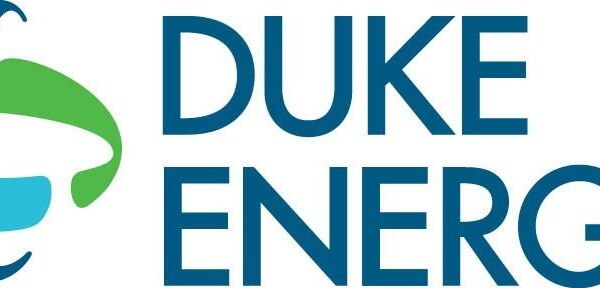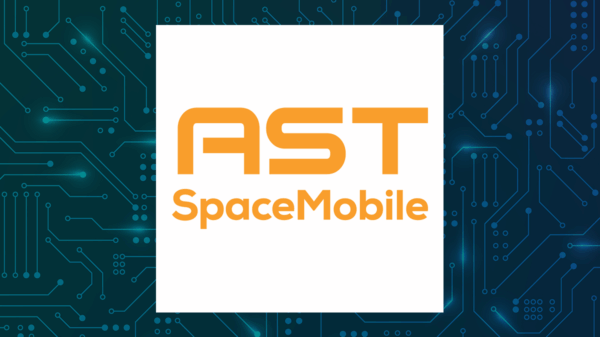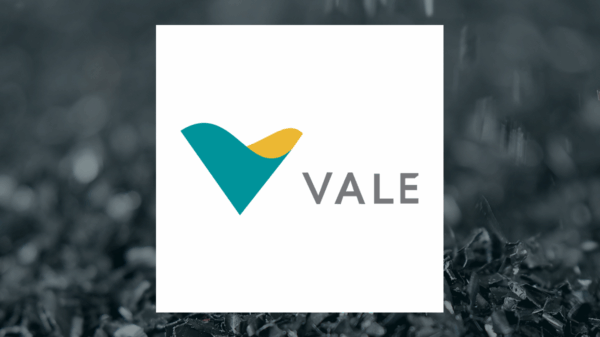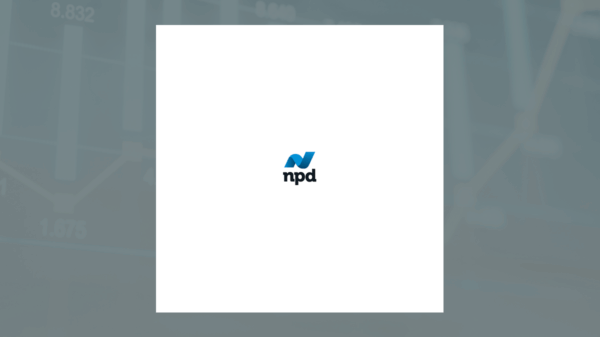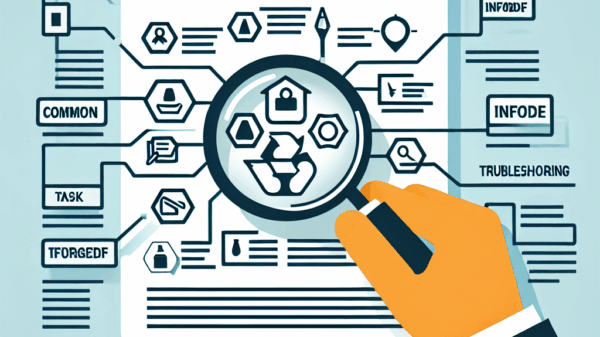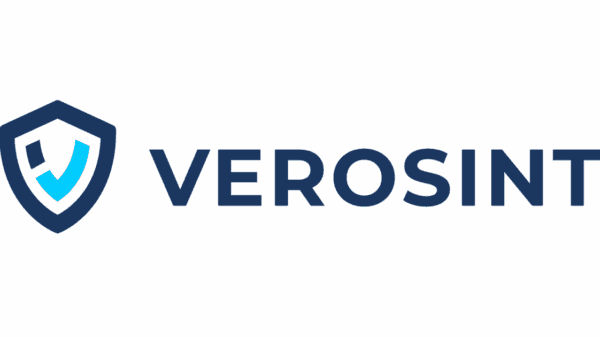In today’s data-driven landscape, the refinement of controlled attribute values is increasingly vital across various sectors. These value sets serve as standardized terms essential for effective data management, influencing everything from healthcare to e-commerce. This article explores the significance of refining controlled attribute values, methodologies for improvement, and their practical applications.
Understanding Controlled Attribute Values
Controlled attribute values are predefined classifications that standardize data, ensuring consistency within datasets. They are crucial for developing structured databases and are commonly used in taxonomies and metadata schemas across diverse fields. By employing controlled vocabulary, organizations can enhance information retrieval and reduce ambiguity, ultimately improving data quality and interoperability.
The significance of refining these attribute values cannot be overstated. With the growing complexity of data systems, organizations face the challenge of maintaining high-quality datasets that support accurate analyses and informed decision-making.
The Importance of Refining Controlled Attribute Values
Several factors highlight the necessity of refining controlled attribute values:
Data Quality: By aligning attribute values with the latest standards, organizations can significantly enhance dataset quality. Improved data quality leads to more precise analysis and better decision-making processes.
Interoperability: As organizations increasingly share data across platforms, standardized attribute values enable seamless communication between different systems. This standardization is crucial for effective data integration.
User Experience: Clearly defined controlled attribute values contribute to an improved user experience, particularly in navigating databases. This is essential in sectors such as digital libraries and e-commerce.
Regulatory Compliance: Many industries are subject to regulations that require the use of controlled vocabularies for compliance. Refining attribute values assists organizations in meeting these regulatory demands effectively.
Refining controlled attribute values involves several methodological approaches. Engaging stakeholders—including data users, subject matter experts, and IT professionals—can provide valuable perspectives. Workshop sessions and feedback mechanisms are effective in enriching controlled vocabularies.
Periodic reviews and updates are necessary to ensure that attribute values reflect the evolving landscape of industry standards and organizational needs. Establishing a governance framework ensures that this refinement process is systematic and well-documented.
Data profiling and analysis are also critical for identifying inconsistencies and gaps in existing datasets. By leveraging established guidelines from organizations like the Dublin Core Metadata Initiative and adhering to relevant ISO standards, organizations can build a solid foundation for developing controlled vocabularies.
After making revisions, it is essential to validate these controlled attribute values through real-world testing. This user acceptance testing provides insights into how well refinements resonate with end-users.
The practical applications of refined controlled attribute values span various sectors:
In healthcare, standardized terminologies such as SNOMED CT and LOINC ensure consistency in health records, facilitating better patient care and regulatory compliance.
In library and information science, controlled vocabularies enhance cataloging and information retrieval processes, making it easier for users to find relevant materials.
For e-commerce, consistent attribute values for product categories and specifications improve search engine optimization and customer experience, boosting sales conversion rates.
In data science, well-defined attribute values are crucial for creating robust machine learning models, as consistent data inputs directly influence analytical outcomes.
In the field of environmental science, standardized vocabulary across ecological datasets allows researchers to share and compare findings globally, fostering collaborative efforts to tackle pressing environmental challenges.
Refining controlled attribute values is essential for enhancing data quality, interoperability, and user engagement across various industries. By employing systematic methodologies for development and ongoing improvement, organizations can ensure their controlled vocabularies evolve alongside their operational needs and the dynamic data landscape.
The insights and applications derived from this refinement not only enhance organizational efficiency but also contribute to the broader goal of fostering a more connected and informed world. As industries continue to face complex data challenges, the effort to refine controlled attribute values will remain a crucial focus for data governance and management initiatives.












